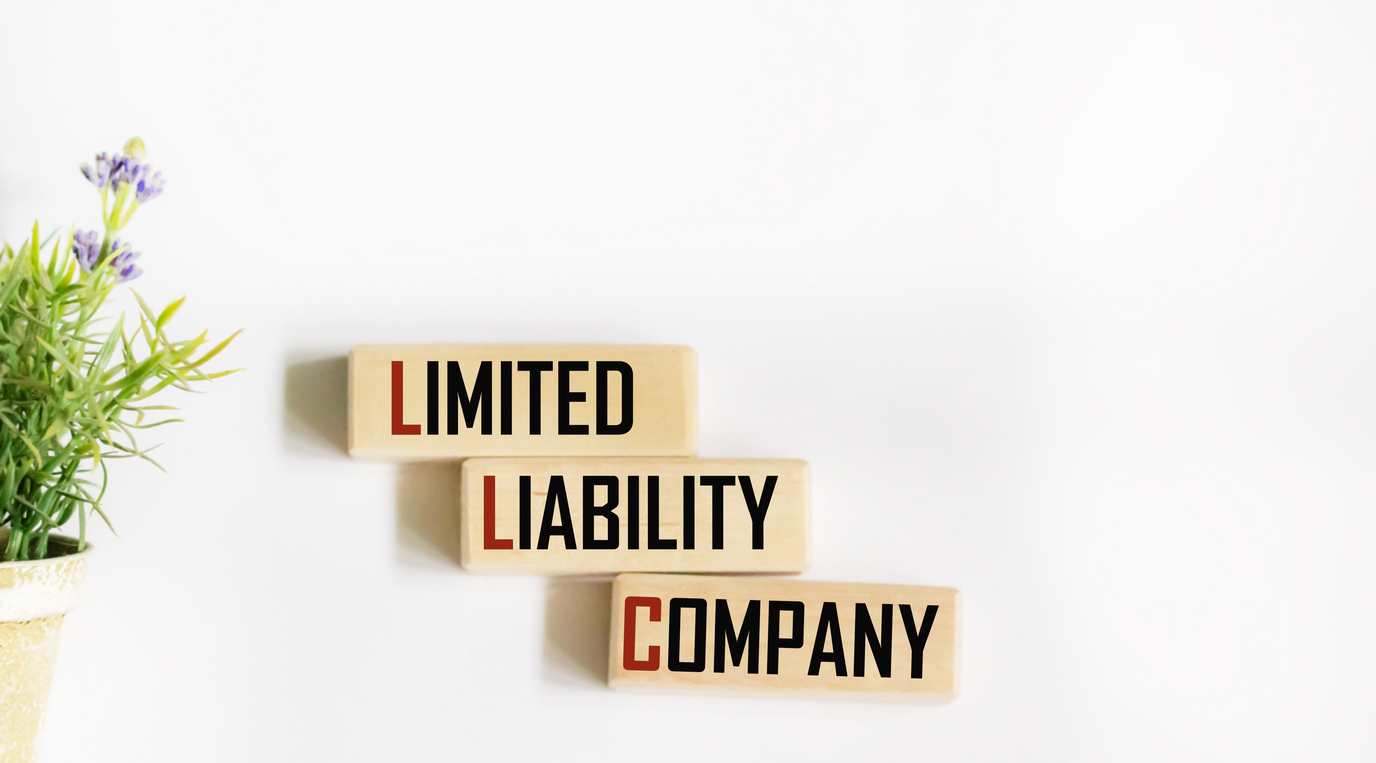A Step-by-Step Guide to Limited Liability Company Registration in Nigeria
Setting up a limited liability company in Nigeria is one of the smartest steps for businesses looking to operate legally, access larger contracts, and build trust in the Nigerian market. Whether you’re entering the import/export sector, wholesale distribution, logistics, or FMCG supply, a registered LLC not only protects your business but also strengthens your credibility with suppliers, regulators, and customers.
In this guide, you’ll find a clear explanation of how LLC registration works in Nigeria, the steps involved, key requirements, and how Wigmore Trading can support your business throughout the process.
What Is a Limited Liability Company?
A limited liability company (LLC)—also known in Nigeria as a Private Limited Company (Ltd)—is a business structure that separates the company’s liabilities from its owners. This means shareholders are not personally responsible for debts or legal claims beyond their invested share capital.
For companies trading in Nigeria’s fast-growing sectors—such as bulk imports, export services, distribution, agriculture, and manufacturing—an LLC is often the most suitable structure due to its flexibility and strong legal protections.
Why Register an LLC in Nigeria?
1. Legal Recognition & Credibility
Operating as a registered entity ensures your business is recognised by Nigerian law. This is essential for building partnerships, signing supply contracts, and opening corporate bank accounts.
2. Limited Liability Protection
Shareholders’ personal assets are protected. This is especially important in high-volume industries like wholesale distribution or international trade, where financial exposure may be significant.
3. Eligibility for Tenders & Government Opportunities
Many corporate clients, government agencies and large distributors only engage with registered companies.
4. Better Access to Banking & Finance
Banks require registration documents such as your CAC Certificate and TIN (Tax Identification Number) to open business accounts or access financing.
5. Smooth Import/Export Operations
Customs clearance, Form M processing, and other import/export documentation require a properly registered company.
Wigmore Trading can help ensure your documentation and logistics processes run smoothly once your business is set up.
Requirements for Registering a Limited Liability Company in Nigeria
The Corporate Affairs Commission (CAC) handles all company registrations. To register a standard LLC, you will need:
-
Two shareholders (minimum)
-
Two directors (can be the same as shareholders)
-
Company name approval
-
Registered office address in Nigeria
-
Share capital structure
-
Identification for directors/shareholders (e.g., International passport, NIN, Driver’s Licence)
-
Means of contact (phone number and email address)
-
Occupation & residential addresses of all promoters
Minimum share capital for most businesses is ₦100,000, though import/export–related companies often use at least ₦1 million or more, depending on licensing requirements.
Step-by-Step Process of LLC Registration in Nigeria
1. Name Reservation
Choose two unique company names and submit them to the CAC for approval. Once approved, the name is reserved for 60 days.
2. Preparation of Registration Documents
Documents include:
-
Form CAC 1.1 (Application for Company Registration)
-
Statement of share capital and allocation
-
Memorandum and Articles of Association (MEMART)
These documents outline how your company will operate.
3. Payment of Filing Fees
Fees depend on the company’s share capital and may vary based on the type of business.
4. Upload of Documents to the CAC Portal
All signed documents are uploaded for review along with identification for all stakeholders.
5. Issuance of CAC Certificate
Once approved, you’ll receive:
-
Certificate of Incorporation
-
CAC Status Report
-
MEMART (if applicable)
6. Post-Registration Steps
These steps prepare your company to begin operations:
-
Obtain Tax Identification Number (TIN)
-
Register for VAT, if applicable
-
Open a corporate bank account
-
Register with relevant regulatory bodies (e.g., NEPC for exporters, SON/NAFDAC for certain imports)
Wigmore Trading can help streamline your registrations by advising on the relevant agencies and compliance requirements based on your sector.
How Wigmore Trading Supports Your Business After Registration
Once you’ve completed your limited liability company registration in Nigeria, the next steps involve sourcing products, importing goods efficiently, and establishing your supply chain.
Wigmore Trading offers:
● Import & Export Services
We assist with procurement, international sourcing, customs documentation, and logistics from major global markets to Nigeria.
● Wholesale Distribution Support
We help newly registered companies access fast-moving goods, bulk supplies, and African trade networks.
● Regulatory Compliance Guidance
From SONCAP to NAFDAC and NEPC documentation, our team helps businesses avoid delays and remain compliant.
● Tailored Supply Chain Solutions
Whether you’re sourcing raw materials or finished goods, we provide reliable solutions to keep your operations running smoothly.
Contact Wigmore Trading today to streamline your sourcing and cross-border logistics.
Final Thoughts
Registering a limited liability company in Nigeria is a strategic move for any business looking to operate responsibly and competitively. By understanding the process—and partnering with an experienced trade support provider like Wigmore Trading—you can set up your operations faster, avoid avoidable regulatory challenges, and focus on growing your business in Nigeria’s vibrant market.








Comments are closed.